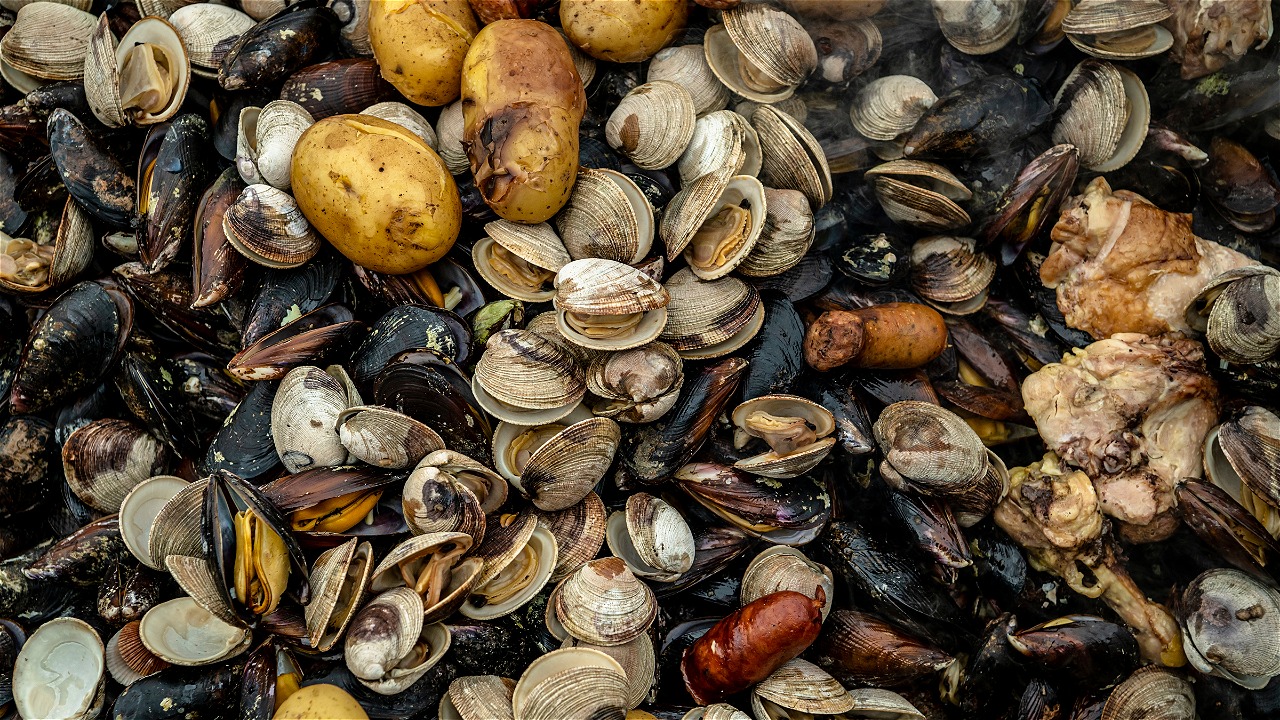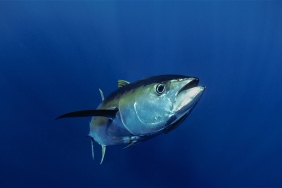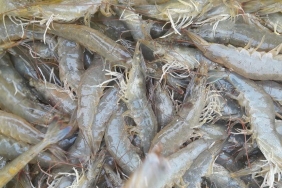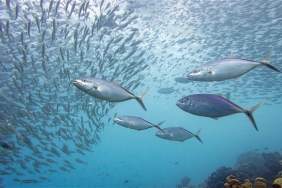TOURISM INDUSTRY PLAYERS IN BANDUNG RECOGNIZE SEAFOOD SAVERS AND SIGNING BLUE
Author: WWF-Indonesia Seafood Savers and Signing Blue Team
Bandung, October 19, 2018- Maritime tourism and fisheries in Indonesia are growing rapidly along with changes in people's lifestyles. Without realizing it, every tourism and fisheries activity has the opportunity to cause negative impacts, including: an increase in the volume of waste, pollution, damage to coral reefs, stress on animals, irresponsible fishing practices and a decrease in the number of fish resource stocks.
The Seafood Savers and Signing Blue programs by World Wildlife Fund for Nature (WWF) Indonesia highlight two important things in supporting trends in society that are starting to change towards the pro-environment, namely tourism and fisheries. The socialization of the two programs was conducted at the Rivieria Room, the Luxton Hotel Bandung which was attended by General Managers, Executive Chefs, Purchasing Managers and staff of hotels and restaurants in Bandung under the auspices of the Indonesian Hotel and Restaurant Association (PHRI), Indonesian Hotel General Manager Association (IHGMA), Riung Priangan, Indonesian Chef Association (ICA), Indonesian Housekeepers Association (IHKA), ACE Bandung, academic institutions and local media. In their presentation, Seafood Savers and Signing Blue WWF conveyed the importance of the role of business actors in the seafood sales chain and tourism business to support environmental conservation efforts in Indonesia.
Buyers (wholesalers, retailers, hotels and restaurants) as seafood servers (seafood) in their business are considered to have a major role in encouraging the consumption of seafood that comes from responsible fisheries practices. Therefore, Seafood Savers encourages the commitment of buyer businesses to improve their seafood- purchasing policies by becoming Seafood Savers members as part of their support to change for the better.
On the tourism side, WWF encourages businesses to practice responsible marine tourism through its Signing Blue program. With the commitment of tourism providers and tourists to carry out responsible marine tourism activities, it will encourage the creation of a sustainable tourism business for current and future generations. Signing Blue binds businesses and travelers together to keep the conservation movement moving, while conducting business practices and tourist activities in a sustainable, equitable and equal way for local communities.
It is hoped that a network of various businesses can be encouraged to continue to increase their role in responsible and sustainable fisheries and marine tourism. Through the commitment and joint efforts of these players, it can finally inspire more business practitioners to jointly encourage sustainable fisheries and marine tourism practices for the preservation of marine ecosystems and resources.
"Tourism and fisheries are two sides that are interrelated and determine the sustainability of existing resources. The world of tourism, both actors and service providers, is very dependent on the availability of fish consumed, while the availability of fish will determine the continuation of the world of tourism," Adji Santoso, Head of Corporate Partnership WWF Indonesia.
Editor's Note:
SIGNING BLUE is WWF-Indonesia's initiative for responsible marine tourism with the hope of capturing all elements that intersect with marine tourism. For more information, visit www.signingblue.com.





